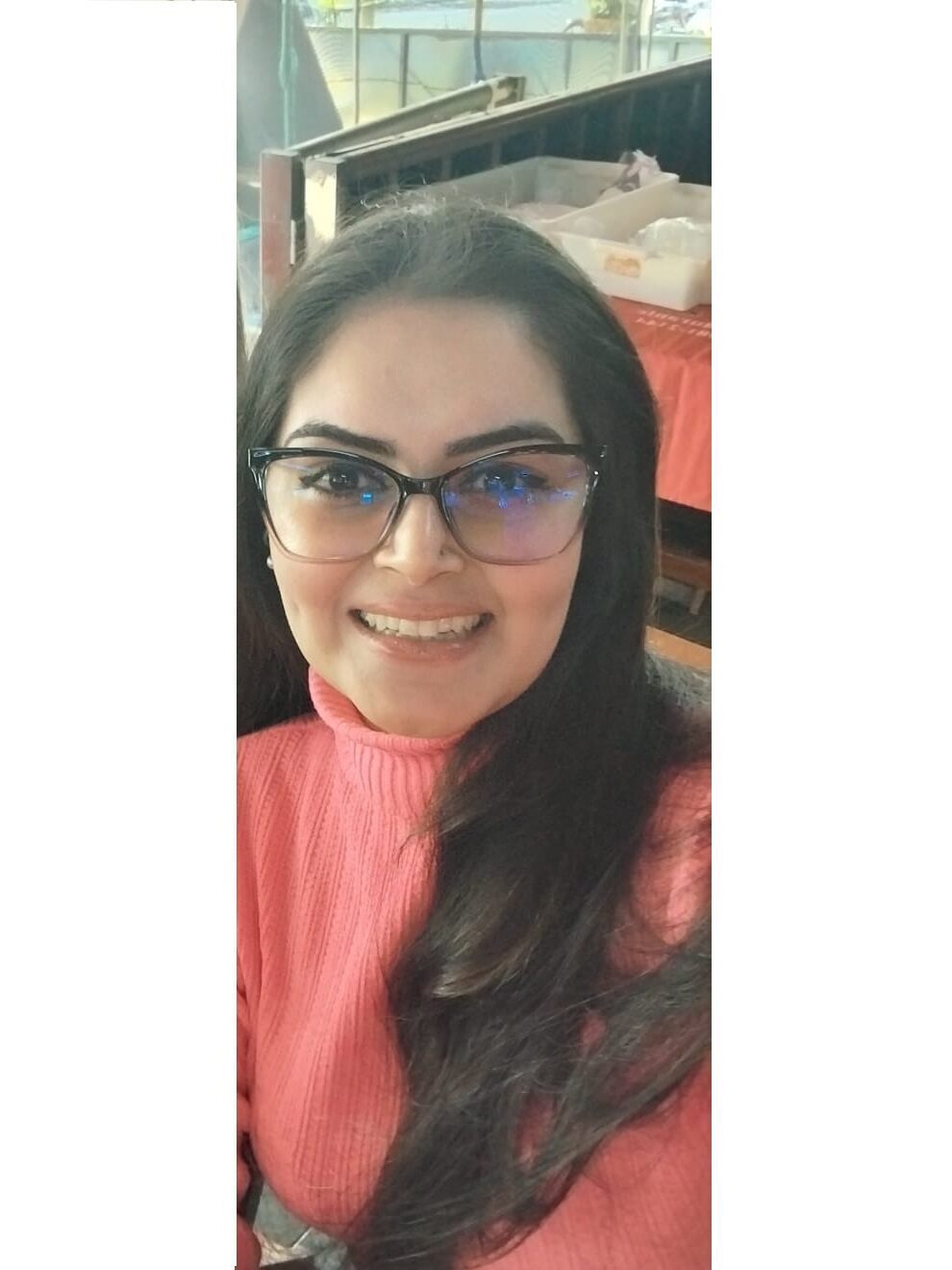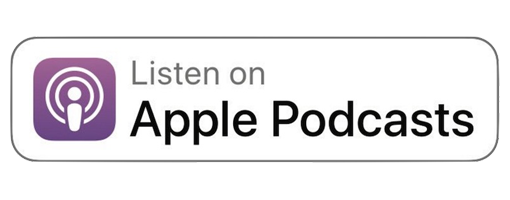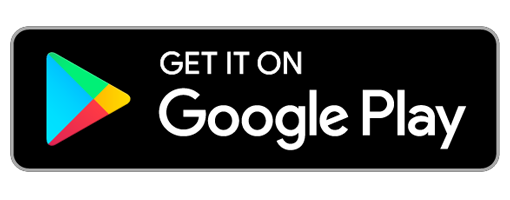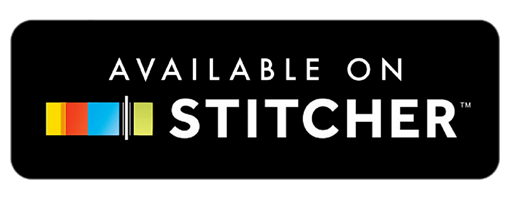Speak Clear English - Enroll Today
TOEFL Listening Practice Test:
World history
The following is a TOEFL Listening practice test to help you prepare for the Listening section of the TOEFL test. For access to more practice tests and advice for how to increase your TOEFL score, join my TOEFL Preparation Course.
Note: After you finish answering the questions and check your answers, you can listen again with the transcript to see what you may have missed. Do NOT read the transcript the first time you listen, because you want to practice for the Listening test in the most authentic way. You won’t have a transcript for the test, so don’t practice with one now.
Questions:
1. How did the professor describe human history?
a. This story is the narrative of humanity’s past, and is also referred to as world history.
b. Human history and world history are two separate narratives of humanity’s past.
c. Human history ended in the Paleolithic era.
d. Human history is not well-known.
2. All of the following are mentioned by the lecturer EXCEPT:
a. The Agricultural Revolution and the Neolithic Era dated between 10,000 and 5,000 BC.
b. The systematic raising of plants and animals had a marked beginning during the Agricultural Revolution and the Neolithic Era.
c. With the advancement of agriculture, most humans decided to transition from a nomadic lifestyle to an established lifestyle.
d. The Paleolithic Era predates the Neolithic Era.
3. The speaker implies that:
a. There were times in history when people didn’t always need to be near reliable sources of water.
b. Settlements first emerged near sources of water.
c. Humans have always had reliable sources of drinking water nearby.
d. The only settlements that were able to develop were located in China.
4. What is the main purpose of this lecture?
a. Human history and world history occurred in different periods.
b. It was only in the Neolithic period that humans learned to work with agriculture, because before that period, survival was based on hunting.
c. Human history has evolved over thousands of years, through distinct eras.
d. Only in the Paleolithic period did humans learn to associate hunting and agriculture to survive.
5. Which aspect of ancient history, also called “Antiquity”, did the professor primarily discuss?
a. the industrial revolution
b. the rise and fall of empires
c. agricultural processes
d. the Indus River Valley
6. What did the professor say about the end of the Middle Ages and the beginning of the Scientific Revolution?
a. The introduction of movable type printing in the mid-15th century in Europe revolutionized communication delayed the beginning of the Scientific Revolution.
b. The Early Modern Period did not include the Age of Enlightenment.
c. The 18th century saw a lack of knowledge and technology development.
d. The end of the Middle Ages and the beginning of the Scientific Revolution began after events in Europe in the mid-15th century.
Human history, or world history, is the narrative of humanity’s past. Humanity’s written history was preceded by its prehistory, beginning with the Palaeolithic Era (Old Stone Age), followed by the Neolithic Era (New Stone Age). The Neolithic saw the Agricultural Revolution begin, between 10,000 and 5000 BCE, in the Near East’s Fertile Crescent. During this period, humans began the systematic husbandry of plants and animals. As agriculture advanced, most humans transitioned from a nomadic to a settled lifestyle as farmers in permanent settlements. Whether in prehistoric or historic times, people always needed to be near reliable sources of drinking water. Settlements developed as early as 4,000 BCE in Iran, in Mesopotamia, in the Indus River valley on the Indian subcontinent, on the banks of Egypt’s Nile River, and along China’s rivers.
With civilizations flourishing, ancient history (“Antiquity”, including the Classical Age and Golden Age of India, up to about 500 CE) saw the rise and fall of empires. Post-classical history (the “Middle Ages”, c. 500–1500 CE,) witnessed the rise of Christianity, the Islamic Golden Age (c. 750 CE – c. 1258 CE), and the Timurid and Italian Renaissances (from around 1300 CE). The mid-15th-century introduction of movable-type printing in Europe revolutionized communication and facilitated ever wider dissemination of information, hastening the end of the Middle Ages and ushering in the Scientific Revolution. The early modern period, sometimes referred to as the “European Age and Age of the Islamic Gunpowders”,from about 1500 to 1800, included the Age of Discovery and the Age of Enlightenment. By the 18th century, the accumulation of knowledge and technology had reached a critical mass that brought about the Industrial Revolution and began the late modern period, which started around 1800 and has continued through the present.
https://en.wikipedia.org/wiki/Human_history
Answers:
1. a 2. d 3. b 4. c 5. b 6. d
TOEFL Preparation Course
Taking the TOEFL test? Get your dream score with our TOEFL Preparation Course. This in-depth video course gives you the tools and practice you need to get your dream score. In this course, I will guide you through every part of the test, and give you tips and tricks for scoring even higher. You also will complete unique practice tests to see if you have what it takes to score high. Get started today.
Follow us on Youtube & Instagram:
@studyenglishwithandrea – Daily English posts, tips and vocabulary!
@citizenshiptest – For those who want to study for the American citizenship test.
Click on one of the following links to start speaking clearer English!
1) TOEFL MASTER CLASS
2) free mini-course “punctuation mistakes to avoid”
3) Clear English Pronunciation Video Course
4) English Vocabulary – Audio Files & PDF – TOEFL & IELTS
Until next time, Happy Learning!
Speak Clear English - Enroll Today

Jhessika Nascimento
Director of International Partnerships
Jhessika Nascimento is the Director of International Partnerships for Study With Andrea and lives in Brasilia, Brazil.
Jhessika is a bilingual teacher of English and Portuguese, studying for a Master's Degree in Strategic Management in Information Technologies at the Universidad Internacional Iberoamericana.
Graduation in Letters - Portuguese and English.
Postgraduate in Teaching in Higher Education.
Postgraduate in Risk Management and Cybersecurity.
Postgraduate Executive MBA in Process Management BPM-CBOK.
Postgraduate in Translation and Proofreading of Texts in English.
About Andrea
Andrea Giordano is the founder of StudyWithAndrea.com and has taught more than 1,000,000 students from 180 countries. Andrea holds a Master of Education (TESOL) from Shenandoah University, and is the former Executive Director of TESOL and ESL programs at Campbellsville University. Andrea is a proven leader in online English teaching and is driven by her passion to help you speak English clearly.





